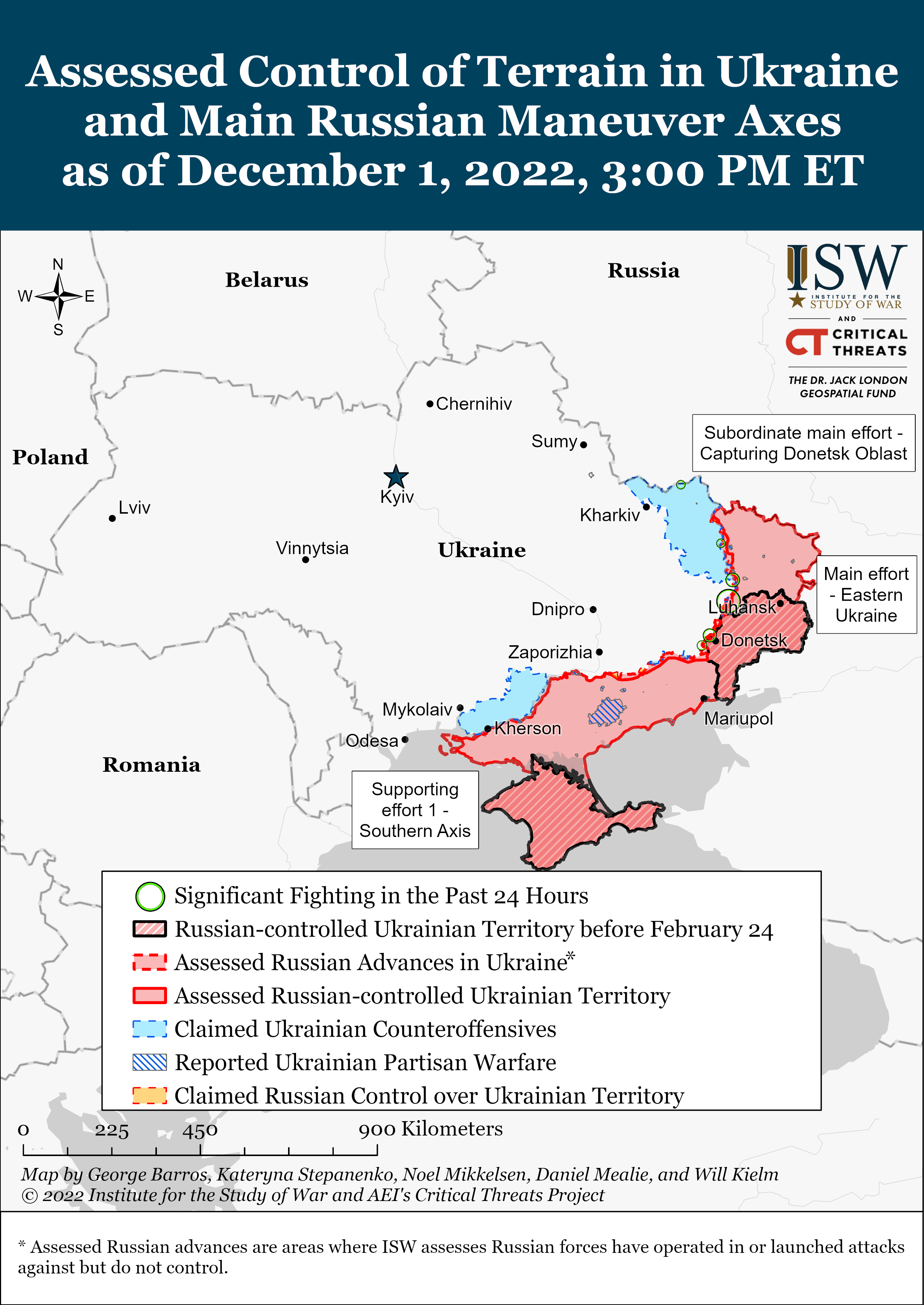🎙️ Voice is AI-generated. Inconsistencies may occur.
Russia is withdrawing its troops from critical positions in Ukraine's Zaporizhzhia region, a U.S. think tank has assessed.
The withdrawal of some of Russia's forces in the southeastern region may indicate that President Vladimir Putin's troops are unable to hold the front line under increasing attacks from Ukraine's armed forces, the Institute for the Study of War (ISW) said in its daily update of Russia's war in Ukraine on Thursday.

The ISW referred to a report from the Ukrainian General Staff on Thursday that Russian forces withdrew or are currently withdrawing personnel from a number of areas in Zaporizhzhia, including Polohy, Myhailivka, and Inzhenerne.
The Ukrainian General Staff also reported that Russian occupation officials in Burchak are conducting a census in preparation for future evacuation measures.
The think tank said Russian military movements in Zaporizhzhia may suggest that Russian forces cannot defend critical areas amid increasing Ukrainian strikes on Russian force concentrations and logistics.
The ISW said that in recent weeks, the Ukrainian General Staff has reported on Ukrainian strikes on the positions of Russian troops in the areas of Myrny, Tokmak, Inzhenerny, Pologiv, Yasny, and Kinsky Rozdory in the Zaporizhzhia region.
Analysts said Russian forces therefore may be withdrawing personnel from positions closer to the front line in the Zaporizhzhia region "to reduce the impact of increasing Ukrainian strikes on Russian manpower and equipment concentrations."
"The potential withdrawal from Polohy is particularly notable as the settlement lies at a critical road junction, and Russian forces would likely have a harder time defending Tokmak from potential Ukrainian operations without control of that junction," the think tank assessed.
The experts noted that Russia's withdrawal from a critical position may suggest that Russian forces cannot defend the entire frontline in the region, and are prioritizing where to concentrate forces.
"It is just as likely that Russian forces are reorienting their grouping in Zaporizhia Oblast and may move different personnel back into these settlements, however," the ISW said.
According to Russia's state-run news agency RIA Novosti, the Russian military currently controls more than 70 percent of the region. It says the city of Zaporizhzhia remains under the control of Ukrainian troops.
On Monday, the Kremlin denied Ukrainian claims of a Russian withdrawal from Zaporizhzhia nuclear power plant, Europe's biggest. The plant was seized by the Russian military on March 4, and since then, the occupying forces have used the facility to store equipment and ammunition, Ukrainian officials have said.
"There is no need to look for any signs where there are none and there cannot be," Kremlin spokesman Dmitry Peskov told a press briefing.
Russia is focusing its resources on trying to capture the eastern city of Bakhmut, where an intense battle has been raging for months. The ISW said on Tuesday that Russia has made marginal gains in the town, which holds more symbolic than strategic military importance. A victory in Bakhmut would allow Putin's troops to launch artillery strikes on other key towns while simultaneously boosting military morale.
Newsweek has reached out to Russia's Foreign Ministry for comment.
Do you have a tip on a world news story that Newsweek should be covering? Do you have a question about the Russia-Ukraine war? Let us know via worldnews@newsweek.com.

Source: Institute for the Study of War and AEI's Critical Threats Project.
About the writer
Isabel van Brugen is a Newsweek Reporter based in Kuala Lumpur. Her focus is reporting on the Russia-Ukraine war. Isabel ... Read more



